Home>Articles>What Type Of Battery Does A Smoke Detector Use?
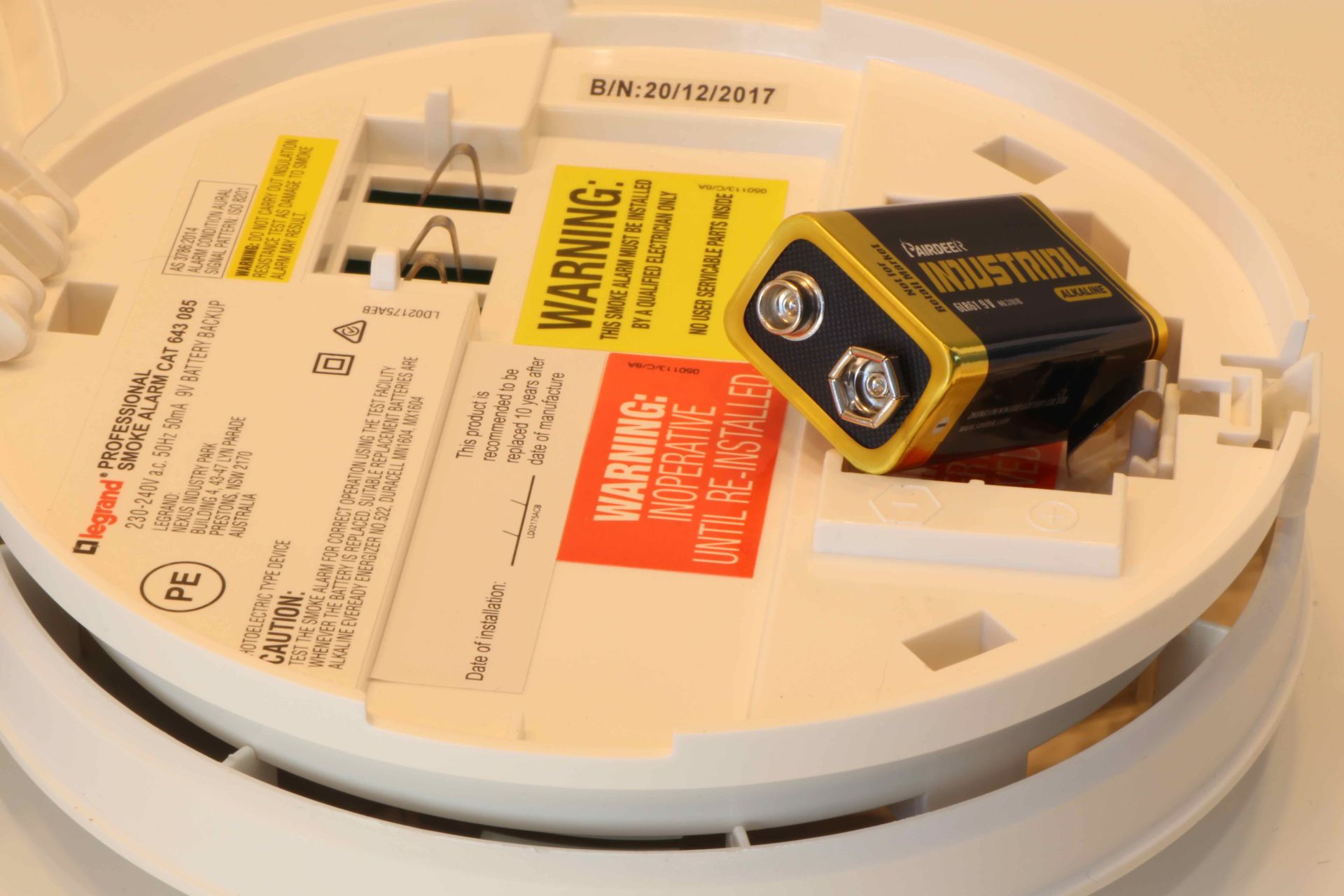

Articles
What Type Of Battery Does A Smoke Detector Use?
Modified: February 24, 2024
Discover what type of battery smoke detectors use and ensure the safety of your home. Read our informative articles for expert advice and recommendations.
(Many of the links in this article redirect to a specific reviewed product. Your purchase of these products through affiliate links helps to generate commission for Storables.com, at no extra cost. Learn more)
Introduction
Smoke detectors play a crucial role in protecting our homes and loved ones from the devastating effects of fires. These devices are designed to detect smoke particles in the air and sound an alarm to alert occupants of a potential fire. While smoke detectors are undoubtedly essential, it’s important to understand the role that batteries play in ensuring their proper functionality.
Batteries power smoke detectors, providing the energy needed to operate the device and sound the alarm when smoke is detected. In the event of a power outage or if the detector is not hardwired, the batteries act as a backup power source, ensuring continuous protection. Understanding the different types of batteries used in smoke detectors and knowing how to properly install and maintain them is vital for ensuring optimal performance and reliability.
In this article, we will explore the various types of batteries commonly used in smoke detectors, the advantages and disadvantages of each type, and factors to consider when choosing the right battery for your smoke detector. So let’s dive in and shed some light on this critical aspect of smoke detector functionality.
Key Takeaways:
- Choose the right battery for your smoke detector based on factors like lifespan, reliability, cost, and environmental impact to ensure optimal performance and safety for your home and loved ones.
- Properly install and maintain smoke detector batteries by following manufacturer instructions, using new batteries, testing regularly, and having backup power sources to ensure continuous protection and peace of mind.
Understanding the Importance of Smoke Detectors
Smoke detectors are a vital component of home safety systems, providing an early warning system to alert residents of the presence of smoke and potential fires. These life-saving devices have significantly reduced the number of fire-related fatalities and injuries over the years.
The primary function of a smoke detector is to detect smoke particles in the air. When smoke enters the detector, it triggers an alarm, notifying occupants of a potential fire and giving them precious time to evacuate or take necessary action to extinguish the fire. Smoke detectors are designed to detect smoke before the fire has a chance to spread, providing an early warning signal that can save lives.
The importance of smoke detectors cannot be overstated. Without them, fires can go undetected until it’s too late, resulting in devastating consequences. In fact, according to the National Fire Protection Association (NFPA), three out of five home fire deaths occur in homes without working smoke detectors.
Having functional smoke detectors installed throughout your home is crucial. It’s recommended to have at least one smoke detector on each level of your home, including inside bedrooms and outside sleeping areas. Regular maintenance, including testing the detectors periodically and replacing batteries as needed, is just as important as having the detectors installed.
Overall, smoke detectors provide an early warning system that can mean the difference between life and death in the event of a fire. Investing in properly functioning smoke detectors and ensuring they are regularly maintained is essential for the safety and well-being of you and your loved ones.
The Role of Batteries in Smoke Detectors
Batteries play a vital role in the functionality of smoke detectors. They are responsible for powering the detectors and providing the necessary energy to operate the alarm system when smoke is detected. In the event of a power outage or if the smoke detector is not hardwired, the batteries act as a backup power source, ensuring uninterrupted protection.
Smoke detectors typically have a compartment or slot specifically designed to house the batteries. When the smoke detector is powered on, the batteries supply the electric current needed to keep the detector functioning. This allows the smoke detector to continuously monitor the surrounding air for the presence of smoke particles.
Without functional batteries, a smoke detector would be rendered useless. In the event of a fire, the detector would not be able to detect the smoke or sound the alarm, putting occupants at risk. This is why it’s crucial to regularly check and replace smoke detector batteries to ensure they are in good working condition.
The choice of battery for your smoke detector is crucial for its overall performance. Different types of batteries have varying lifespans and power capacities. It’s important to select the appropriate battery type based on the manufacturer’s recommendations and the specific requirements of your smoke detector.
Another critical aspect to consider is the expiration date of the batteries. Most batteries have a shelf life, and they may lose their power over time, even if not in use. It’s essential to check the expiration date and replace the batteries accordingly, even if they appear to be functioning correctly.
In summary, batteries are an integral part of smoke detectors, providing the necessary power to operate the detectors and sound the alarm when smoke is detected. Regularly checking and replacing batteries is essential to ensure the proper functioning of smoke detectors and maintain the safety of your home and loved ones.
Common Types of Batteries Used in Smoke Detectors
When it comes to selecting the right battery for your smoke detector, there are a few common types to choose from. Each type of battery has its own advantages and disadvantages, so it’s important to understand their characteristics to make an informed decision. Here are the most common types of batteries used in smoke detectors:
- Alkaline batteries: Alkaline batteries are the most widely used and readily available type of battery. They are affordable and come in various sizes, making them suitable for different smoke detector models. Alkaline batteries typically have a long shelf life and provide reliable power. However, they may lose their capacity over time, and voltage levels can drop gradually, affecting the operation of the smoke detector.
- Lithium batteries: Lithium batteries offer a longer lifespan compared to alkaline batteries. They have a higher energy density, which means they can withstand extreme temperatures and last longer before needing replacement. Lithium batteries are also less prone to leakage and are considered more environmentally friendly. However, they tend to be more expensive than other battery types.
- Rechargeable batteries: Rechargeable batteries offer a more eco-friendly and cost-effective option for powering smoke detectors. They can be recharged multiple times, reducing waste and the need for constant battery replacements. However, rechargeable batteries may have a lower overall capacity and may require more frequent recharging to ensure they have enough power in case of an emergency.
- Zinc carbon batteries: Zinc carbon batteries, also known as heavy-duty batteries, are a less common option for smoke detectors. They are affordable but have a shorter lifespan compared to alkaline and lithium batteries. Zinc carbon batteries are suitable for low-power devices but may not provide sufficient power for high-demand applications such as smoke detectors.
- NiMH batteries: Nickel-metal hydride (NiMH) batteries are another rechargeable option for smoke detectors. They offer a higher capacity compared to traditional rechargeable batteries and have a longer overall lifespan. NiMH batteries require a compatible charger for recharging and may be slightly more expensive than other rechargeable options.
It’s crucial to check the manufacturer’s recommendations for your specific smoke detector model to determine the compatible battery type. Some smoke detectors are designed to work best with certain battery types to ensure optimal performance and reliability. Additionally, consider factors such as cost, longevity, and ease of battery replacement when making your decision.
Remember to always follow proper battery safety procedures, such as using new and matching batteries, avoiding mixing battery types, and disposing of spent batteries according to local regulations. Regularly check the battery levels and replace them as needed to ensure the uninterrupted operation of your smoke detectors.
Advantages and Disadvantages of Each Battery Type
Each type of battery used in smoke detectors has its own set of advantages and disadvantages. Understanding these factors will help you make an informed decision when choosing the right battery for your smoke detector. Here are the advantages and disadvantages of each battery type commonly used in smoke detectors:
- Alkaline batteries:
- Advantages:
- Widely available and affordable.
- Various sizes to fit different smoke detector models.
- Long shelf life.
- Disadvantages:
- Voltage levels may drop gradually, affecting the detector’s performance.
- Potential for leakage if not handled properly.
- May need frequent replacements.
- Lithium batteries:
- Advantages:
- Longer lifespan compared to alkaline batteries.
- Higher energy density, suitable for extreme temperatures.
- Less prone to leakage.
- Disadvantages:
- Higher cost compared to other battery types.
- May not be available in all sizes.
- Disposal may require special considerations due to their lithium content.
- Rechargeable batteries:
- Advantages:
- Eco-friendly option, reduces waste.
- Cost-effective in the long run.
- Can be recharged multiple times.
- Disadvantages:
- Lower overall capacity compared to other battery types.
- May require more frequent recharging to ensure sufficient power.
- May not be suitable for prolonged power outages without a backup power source.
- Zinc carbon batteries:
- Advantages:
- Affordable option.
- Disadvantages:
- Shorter lifespan compared to alkaline and lithium batteries.
- May not provide sufficient power for high-demand applications.
- Potential for leakage if not handled properly.
- NiMH batteries:
- Advantages:
- Higher capacity compared to traditional rechargeable batteries.
- Longer overall lifespan.
- Readily available in various sizes.
- Disadvantages:
- May be slightly more expensive than other rechargeable options.
- Requires a compatible charger for recharging.
Consider the advantages and disadvantages of each battery type in relation to your specific needs, budget, and the manufacturer’s recommendations. This will help you choose the battery that offers the best balance of performance, reliability, and cost for your smoke detectors.
Most smoke detectors use 9-volt alkaline batteries. It’s important to replace the battery at least once a year to ensure the detector functions properly.
Factors to Consider When Choosing a Battery for Your Smoke Detector
Selecting the right battery for your smoke detector is essential to ensure its optimal performance and reliability. Here are some factors to consider when making your decision:
- Manufacturer’s recommendations: Always refer to the smoke detector manufacturer’s recommendations for the specific battery type and model that is compatible with your device. Following the manufacturer’s guidelines ensures that the battery you choose will work effectively with your smoke detector.
- Battery lifespan: Consider the lifespan of the battery you are choosing. Some batteries, such as lithium batteries, have a longer lifespan compared to alkaline batteries. This means they will need to be replaced less frequently, offering convenience and peace of mind.
- Battery reliability: Look for batteries known for their reliability and consistent power output. Check customer reviews and conduct research to determine which brands and types of batteries have a track record of performing well in smoke detectors.
- Cost: Consider the cost of the batteries, especially if you have multiple smoke detectors in your home. Evaluate the trade-off between the initial cost and longevity of the battery. While rechargeable batteries may have a higher upfront cost, they can provide long-term savings compared to single-use batteries that need frequent replacement.
- Availability: Make sure the chosen battery type is readily available in your local stores or online. This ensures that you can easily replace the batteries when needed without any delays.
- Environmental considerations: If environmental sustainability is a priority for you, consider using rechargeable batteries. Rechargeable batteries reduce waste and are a more eco-friendly option in the long run. However, be aware of the specific recycling guidelines for rechargeable batteries, as they might require proper disposal methods to prevent environmental harm.
- Emergency backup power: If your smoke detectors are not hardwired and rely solely on battery power, consider having a backup power source. This can be in the form of spare batteries or alternative power options (such as a generator or rechargeable battery pack) to ensure continuous operation during power outages.
By taking these factors into account, you can choose the right battery that meets the requirements of your smoke detectors, your budget, and your environmental considerations. Remember to follow the manufacturer’s guidelines and regularly check and replace the batteries to ensure the safety of your home and loved ones.
Proper Battery Installation and Maintenance
Proper installation and maintenance of batteries in your smoke detectors are essential for ensuring their optimal performance. Here are some guidelines to follow:
- Read the manufacturer’s instructions: Before installing the batteries, carefully read and understand the manufacturer’s instructions provided with your smoke detector. Familiarize yourself with the specific requirements for battery installation for your particular model.
- Use new and matching batteries: Always use new and matching batteries for your smoke detectors. Mixing different battery types or using a combination of new and old batteries can affect the performance and reliability of the detectors.
- Clean the battery compartment: Before inserting the batteries, ensure that the battery compartment is clean and free from debris or corrosion. Inspect the contacts in the compartment and clean them if necessary, using a cloth or cotton swab and rubbing alcohol.
- Insert the batteries correctly: Follow the polarity markings inside the smoke detector and insert the batteries in the correct orientation. Typically, the positive (+) and negative (-) symbols are labeled to guide you in inserting the batteries properly.
- Secure the battery compartment: After inserting the batteries, make sure to securely close the battery compartment. This will ensure that the batteries stay in place and maintain proper electrical contact with the smoke detector.
- Test the smoke detector: After installing new batteries, test the smoke detector to ensure it is functioning correctly. Most smoke detectors have a test button that you can press to activate the alarm and verify if the batteries and detector are working properly.
- Replace the batteries regularly: Regularly check the batteries in your smoke detectors and replace them as needed. It is recommended to replace the batteries at least once a year, or more frequently if the detector’s low battery warning sounds. However, always refer to the manufacturer’s recommendations for your specific model.
- Keep spare batteries on hand: It’s a good practice to keep spare batteries readily available. In case of an emergency or when it’s time to replace the batteries, having spare batteries on hand ensures that you can quickly replace them without compromising the safety of your home.
By following these guidelines, you can ensure proper battery installation and maintenance for your smoke detectors. Regularly checking and replacing batteries will help ensure that your smoke detectors are always ready to provide early warning in the event of a fire, keeping you and your loved ones safe.
Frequently Asked Questions (FAQs)
Here are some frequently asked questions about smoke detector batteries:
- How often should I replace the batteries in my smoke detector?
- What happens if I don’t replace the batteries in my smoke detector?
- Can I use rechargeable batteries in my smoke detector?
- Can I mix different types of batteries in my smoke detector?
- What should I do if my smoke detector is still beeping after replacing the batteries?
- Should I test my smoke detectors regularly?
- Do smoke detectors still work during a power outage?
- Can I use a different brand of battery in my smoke detector?
It is recommended to replace the batteries in your smoke detectors at least once a year, or as soon as the low battery warning chirps. However, always refer to the manufacturer’s instructions for specific guidelines as battery life can vary.
If you don’t replace the batteries in your smoke detector, the detector may not work correctly, and it won’t be able to detect smoke or sound the alarm in the event of a fire. Regular battery replacement is crucial to ensure continuous protection and early warning.
Yes, rechargeable batteries can be used in smoke detectors. However, ensure that the rechargeable batteries you use are compatible with your specific smoke detector model. Keep in mind that rechargeable batteries may have a lower overall capacity and may require more frequent recharging compared to single-use batteries.
No, it is not recommended to mix different types of batteries in your smoke detector. Stick to using the same type and brand of batteries as mixing different battery types can affect the performance and reliability of the smoke detector.
If your smoke detector continues to beep or chirp after replacing the batteries, it may indicate a different issue. Check for any dust or debris in the detector that may be triggering the false alarm. If the problem persists, refer to the manufacturer’s instructions or contact the manufacturer for further assistance.
Yes, it is important to test your smoke detectors regularly to ensure they are functioning correctly. Most detectors have a test button that you can press to activate the alarm and confirm its operation. Test your smoke detectors at least once a month or as recommended by the manufacturer.
If your smoke detectors are hardwired, they may have a backup power source, usually in the form of a battery. This ensures that they continue to operate even during a power outage. In the case of battery-powered smoke detectors, make sure to use batteries that can provide enough backup power during an outage.
While it is generally recommended to use the same brand of batteries recommended by the manufacturer, you can use different brands of batteries as long as they are compatible with your smoke detector model. However, be mindful of the battery’s quality and reliability to ensure optimal performance.
If you have any additional questions or concerns about smoke detector batteries, it is best to consult the manufacturer’s instructions or reach out to their customer support for accurate and detailed information.
Conclusion
In conclusion, batteries are a crucial component of smoke detectors, providing the power necessary for these life-saving devices to function properly. Understanding the importance of smoke detectors and the role batteries play in their operation is essential for maintaining a safe and secure home environment.
Throughout this article, we have explored the various types of batteries commonly used in smoke detectors, including alkaline, lithium, rechargeable, zinc carbon, and NiMH batteries. Each type has its own advantages and disadvantages, and the choice of battery should be based on factors such as manufacturer recommendations, battery lifespan, reliability, cost, and environmental considerations.
Proper battery installation and maintenance are vital for ensuring the optimal performance of smoke detectors. This includes following manufacturer instructions, using new and matching batteries, cleaning the battery compartment, inserting the batteries correctly, regular testing, and replacing batteries as recommended or when the low battery warning sounds.
Regularly testing smoke detectors, keeping spare batteries on hand, and having a backup power source for battery-powered smoke detectors during power outages are additional measures that can enhance safety and peace of mind.
By understanding the importance of smoke detectors, selecting the right batteries, and following proper installation and maintenance practices, you can ensure the reliable operation of your smoke detectors and provide early warning in the event of a fire.
Remember, smoke detectors save lives, and the proper functioning of their batteries is paramount in ensuring the safety of you and your loved ones.
Frequently Asked Questions about What Type Of Battery Does A Smoke Detector Use?
Was this page helpful?
At Storables.com, we guarantee accurate and reliable information. Our content, validated by Expert Board Contributors, is crafted following stringent Editorial Policies. We're committed to providing you with well-researched, expert-backed insights for all your informational needs.

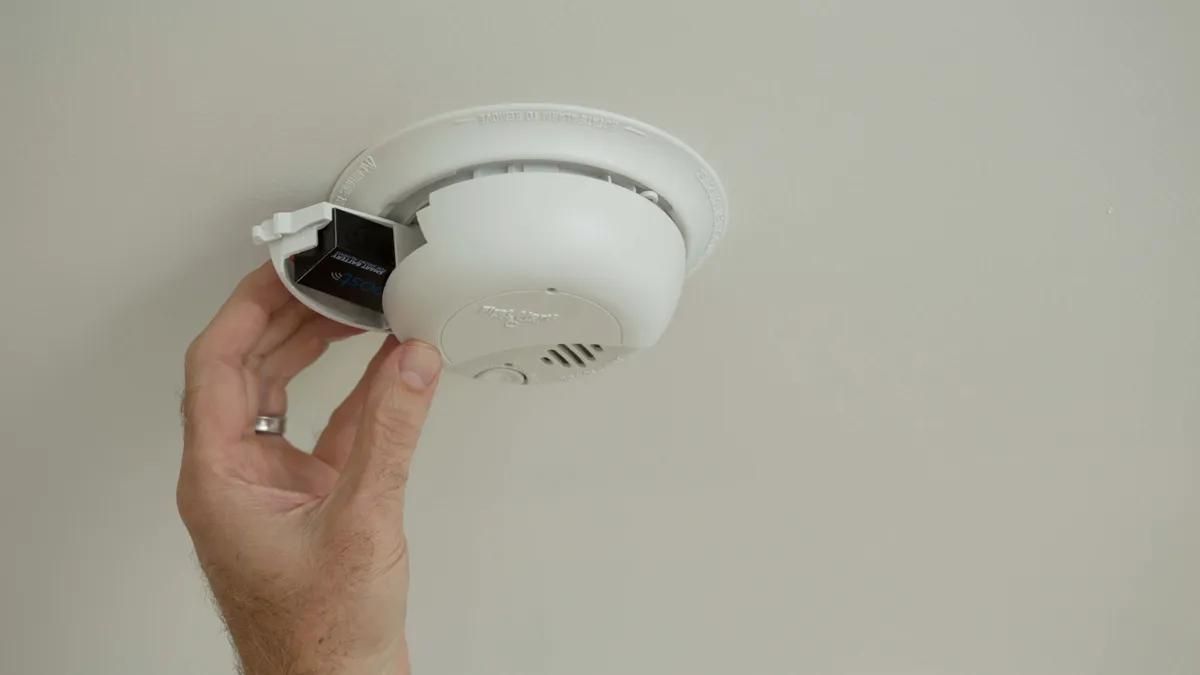
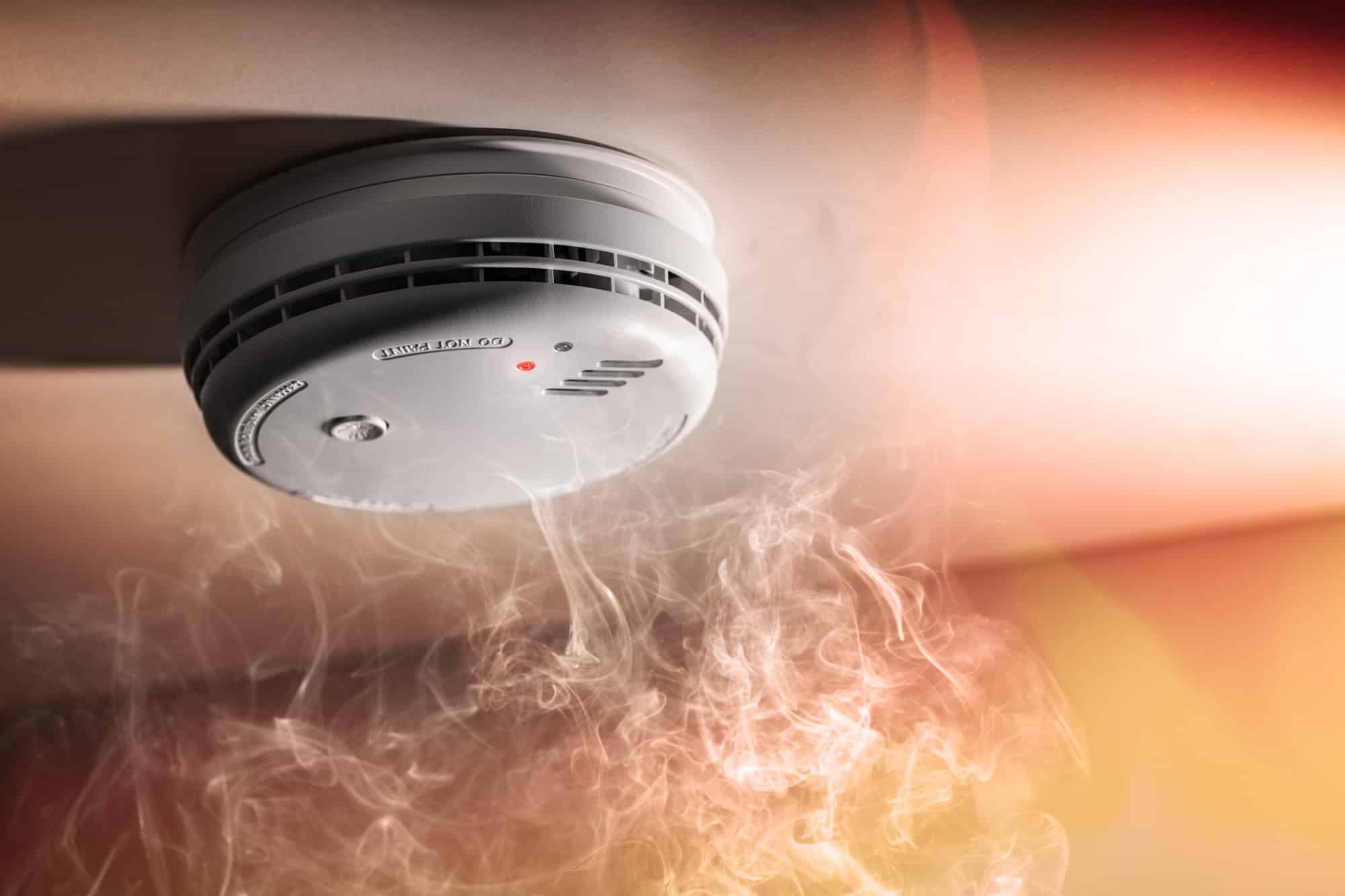
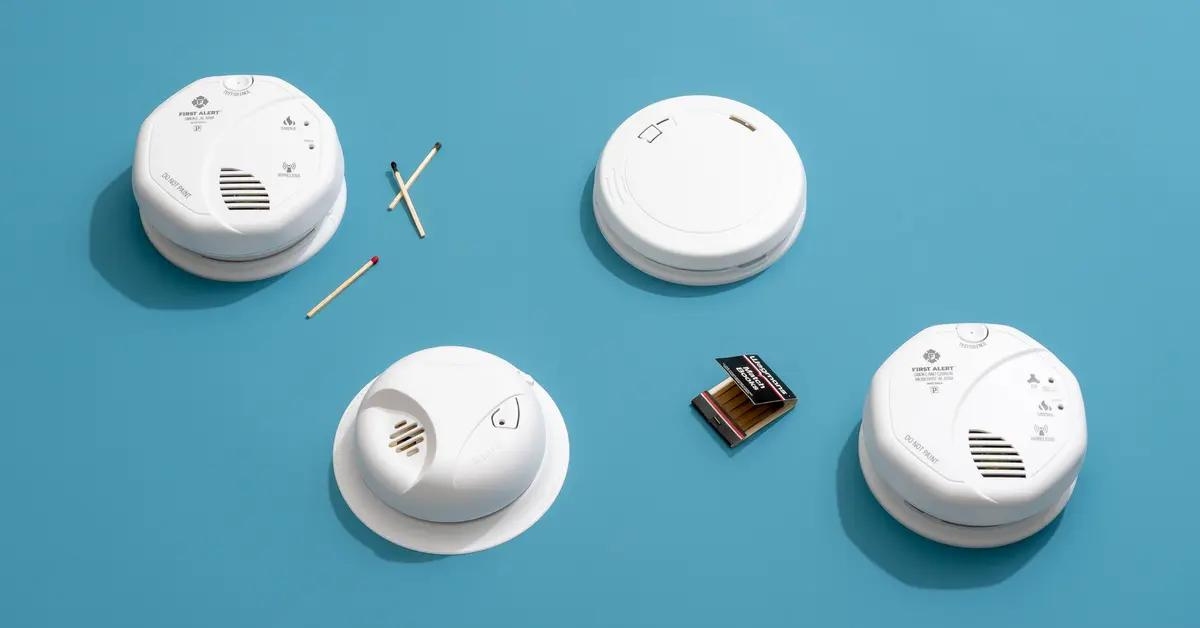
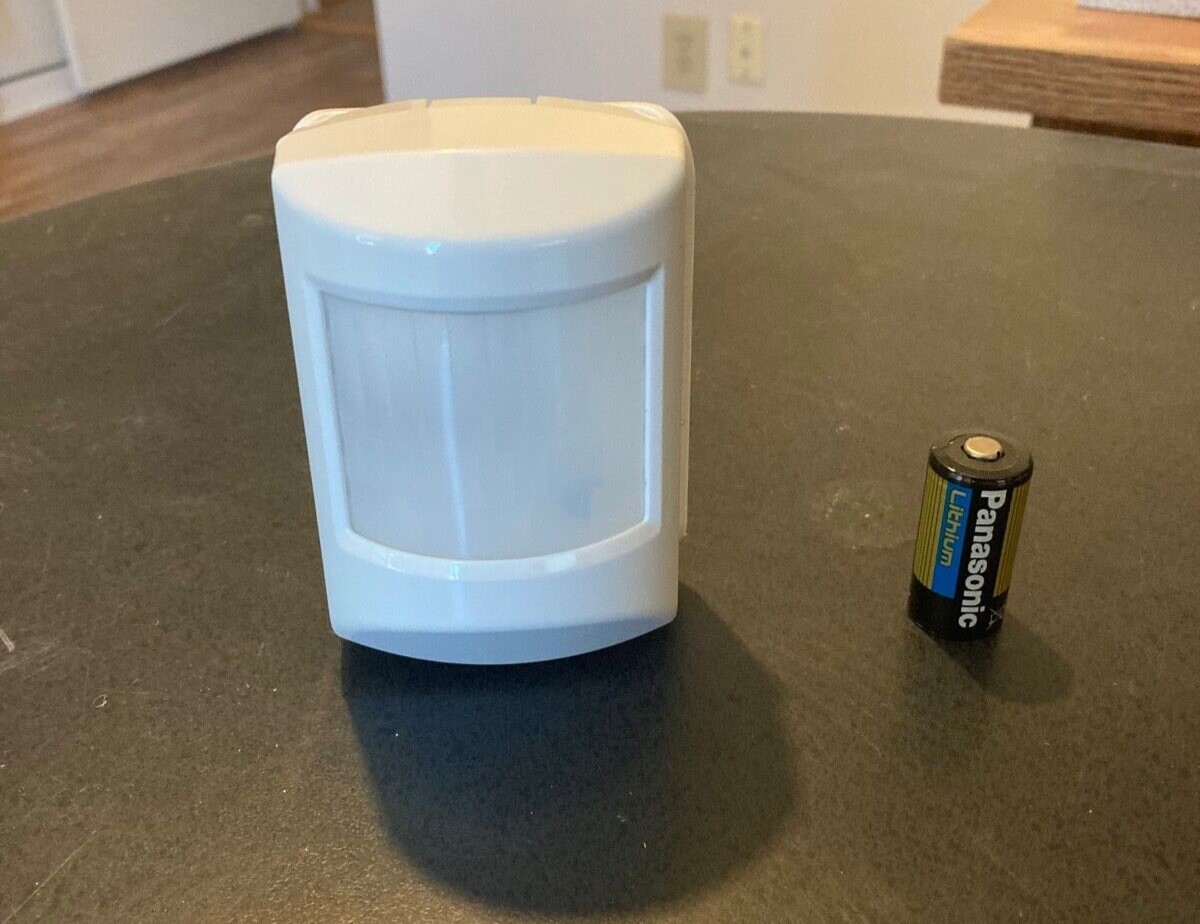
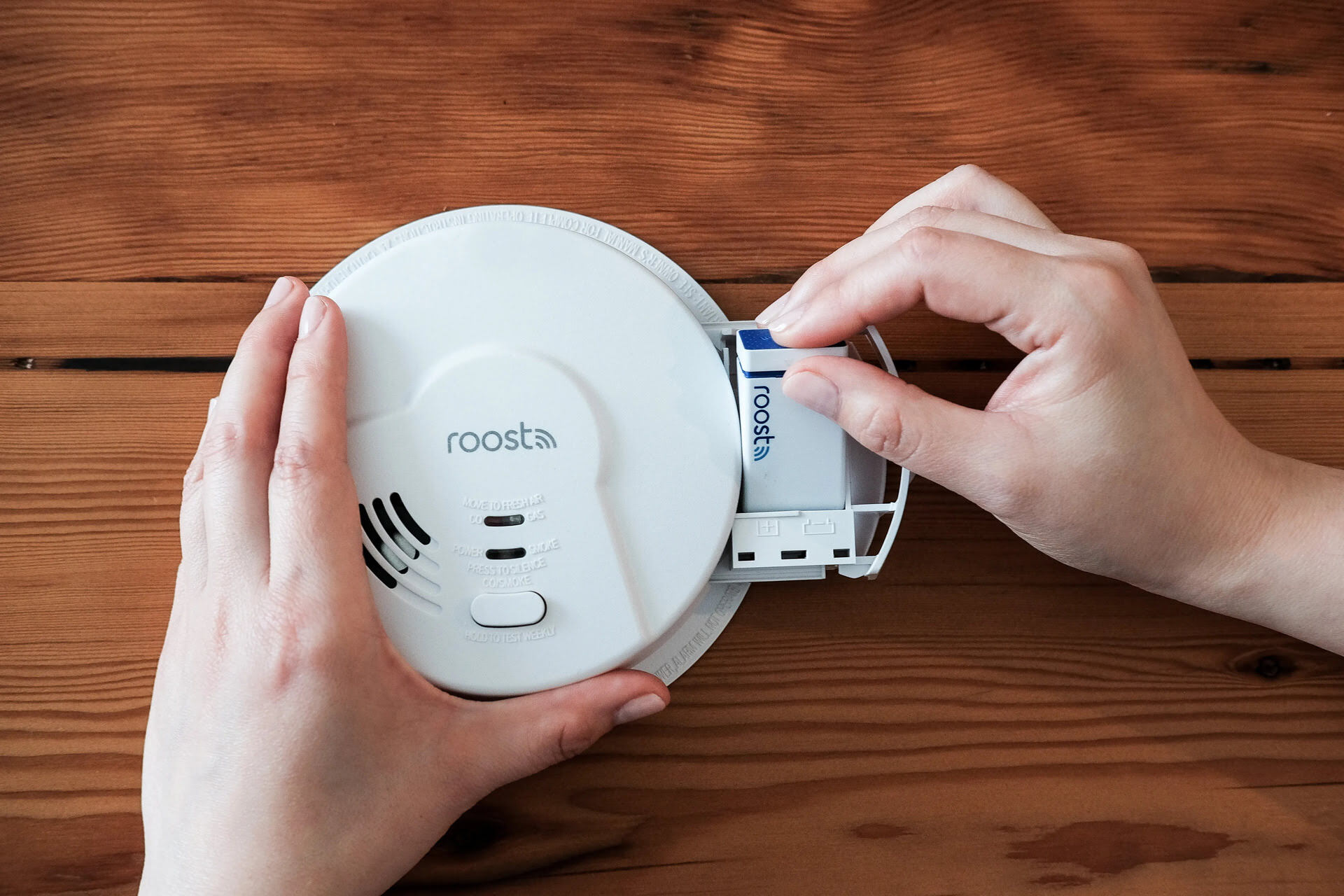
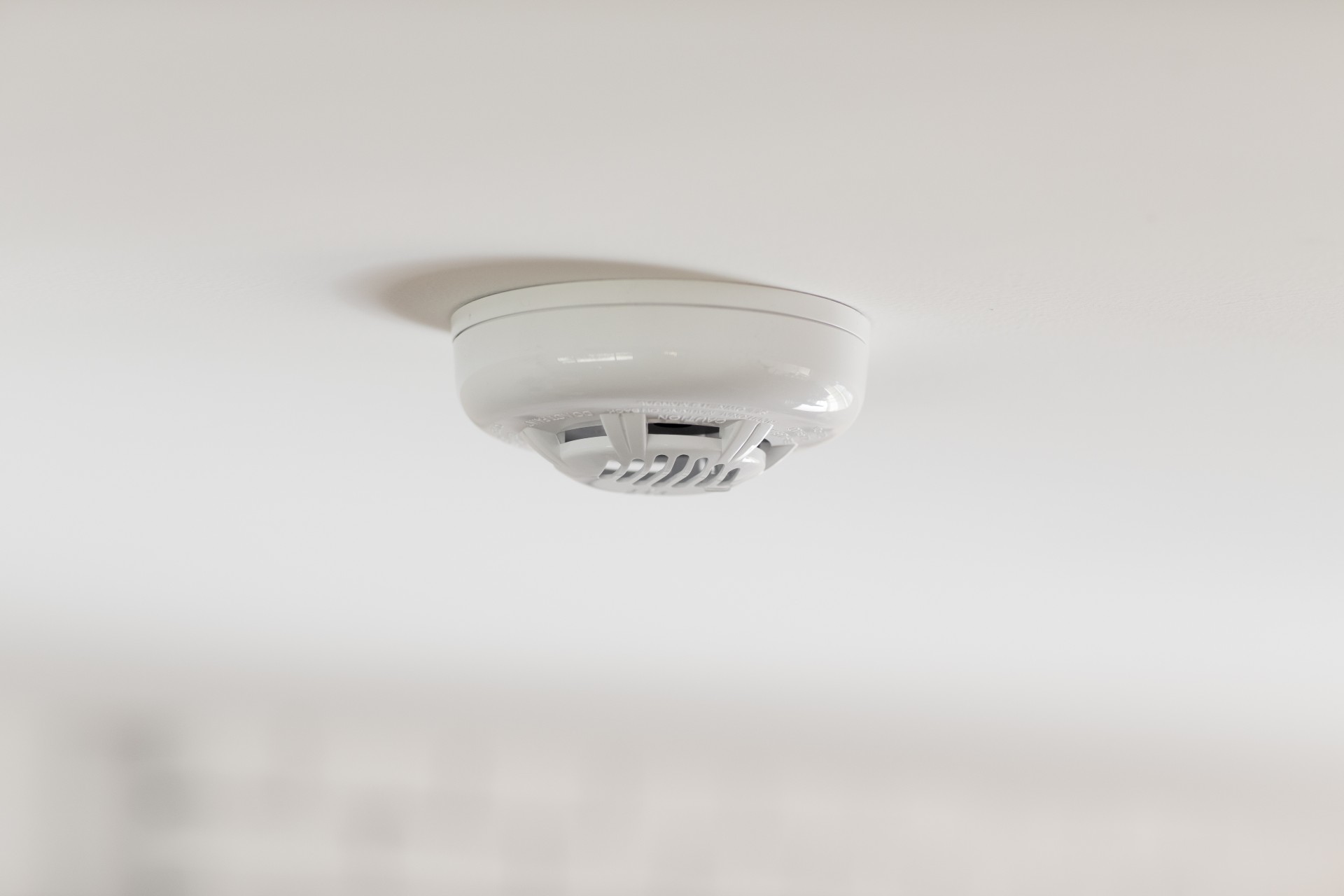
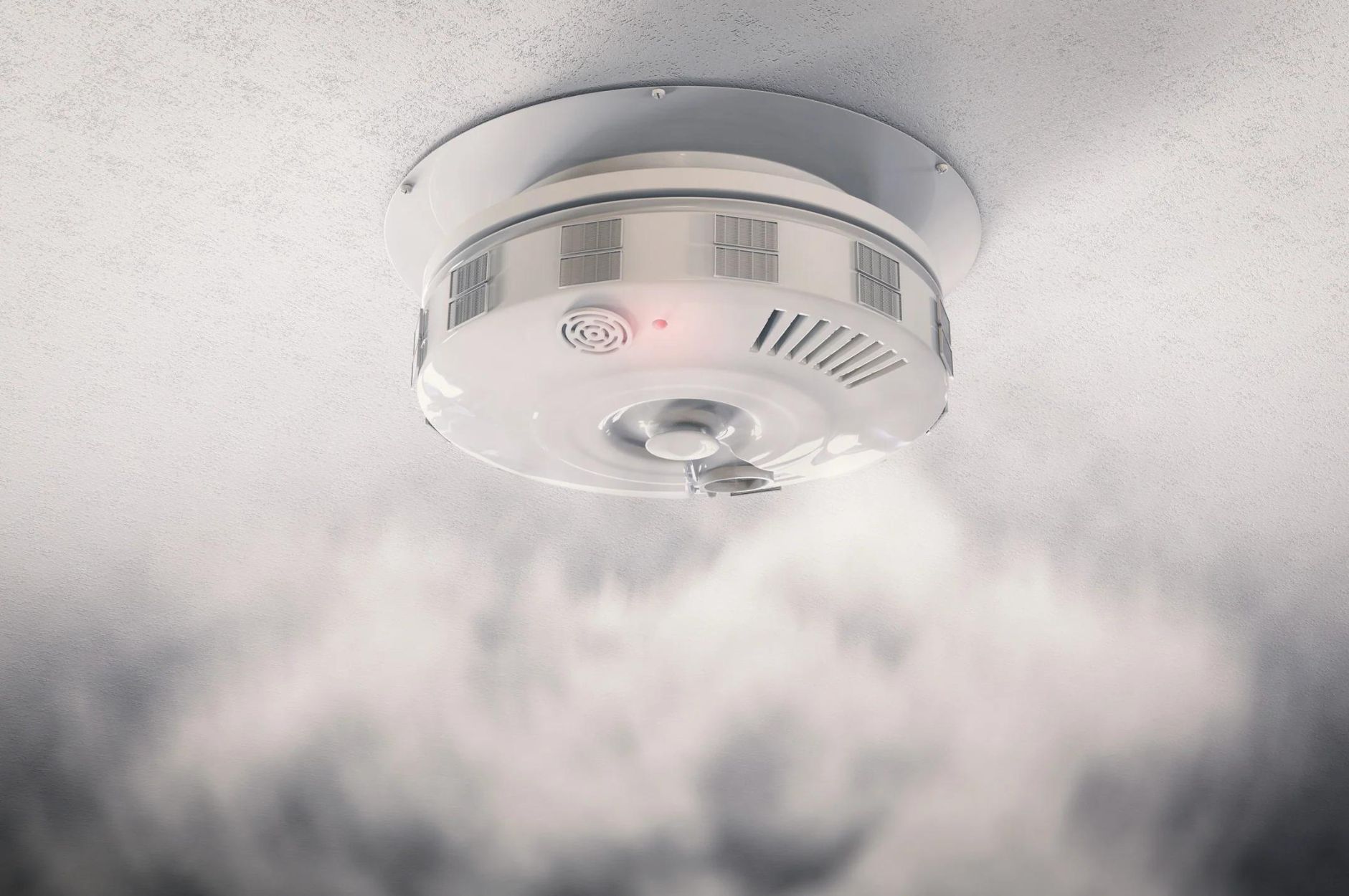
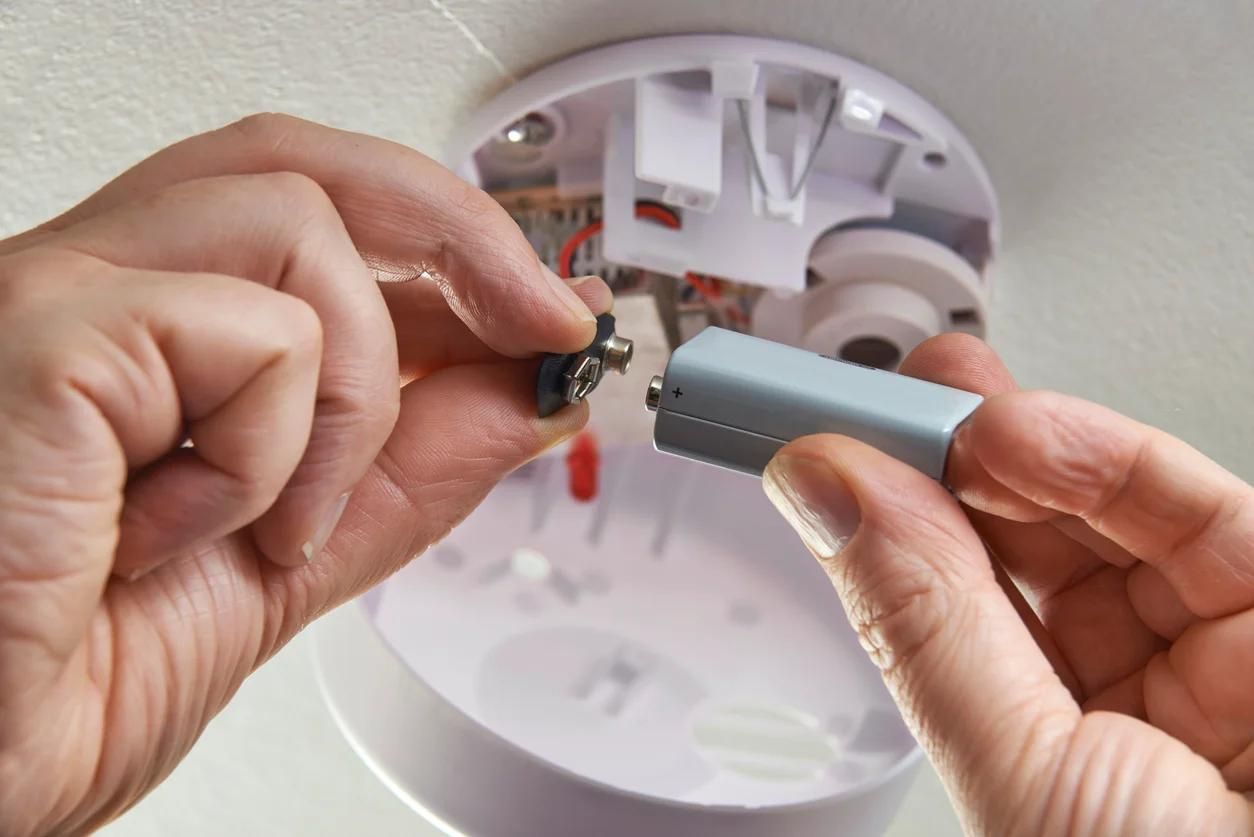
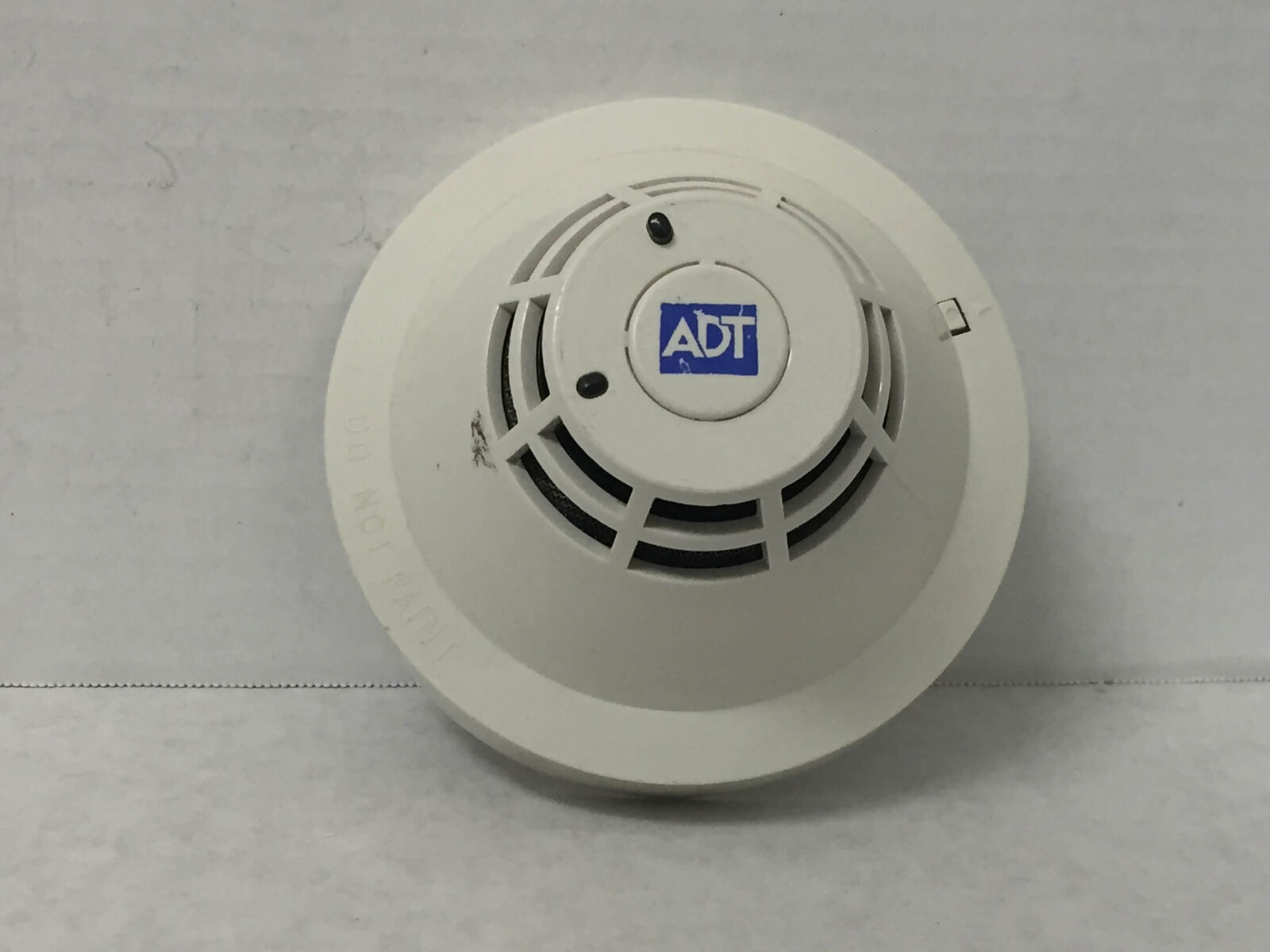
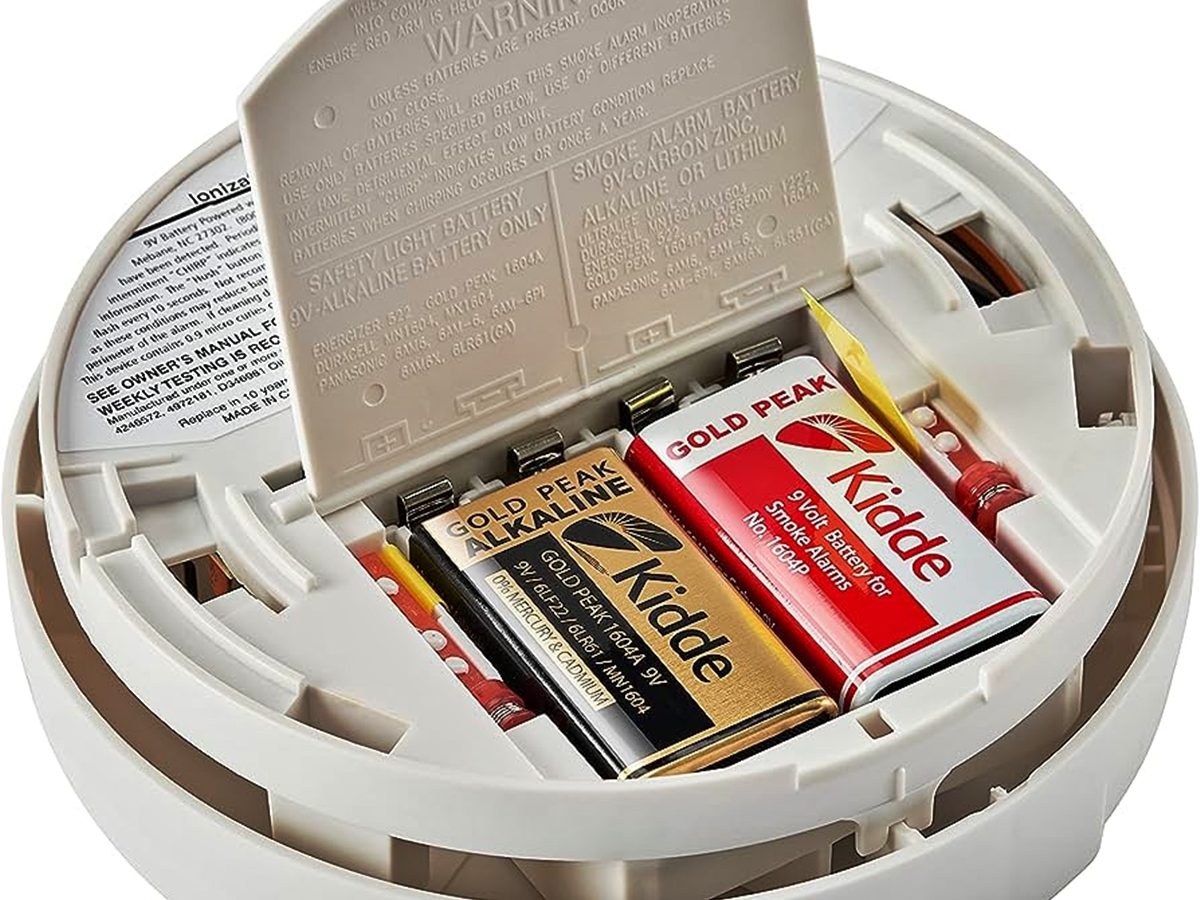
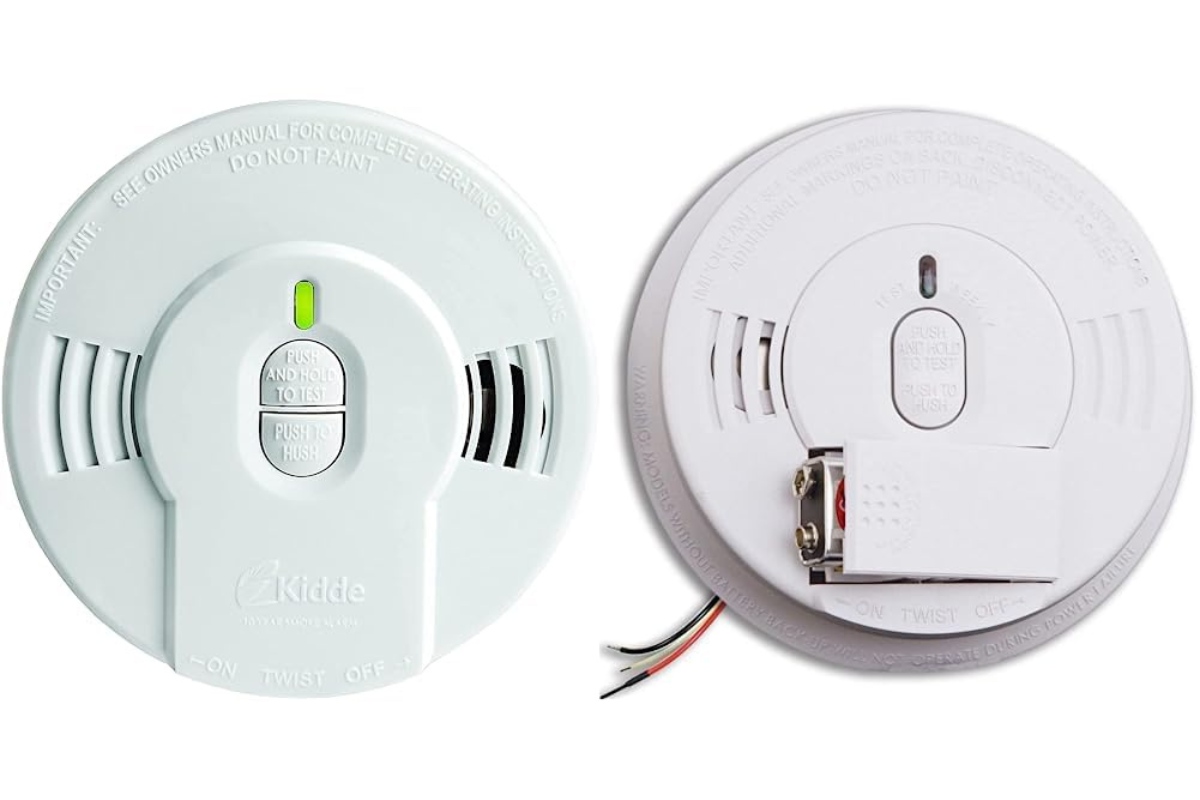
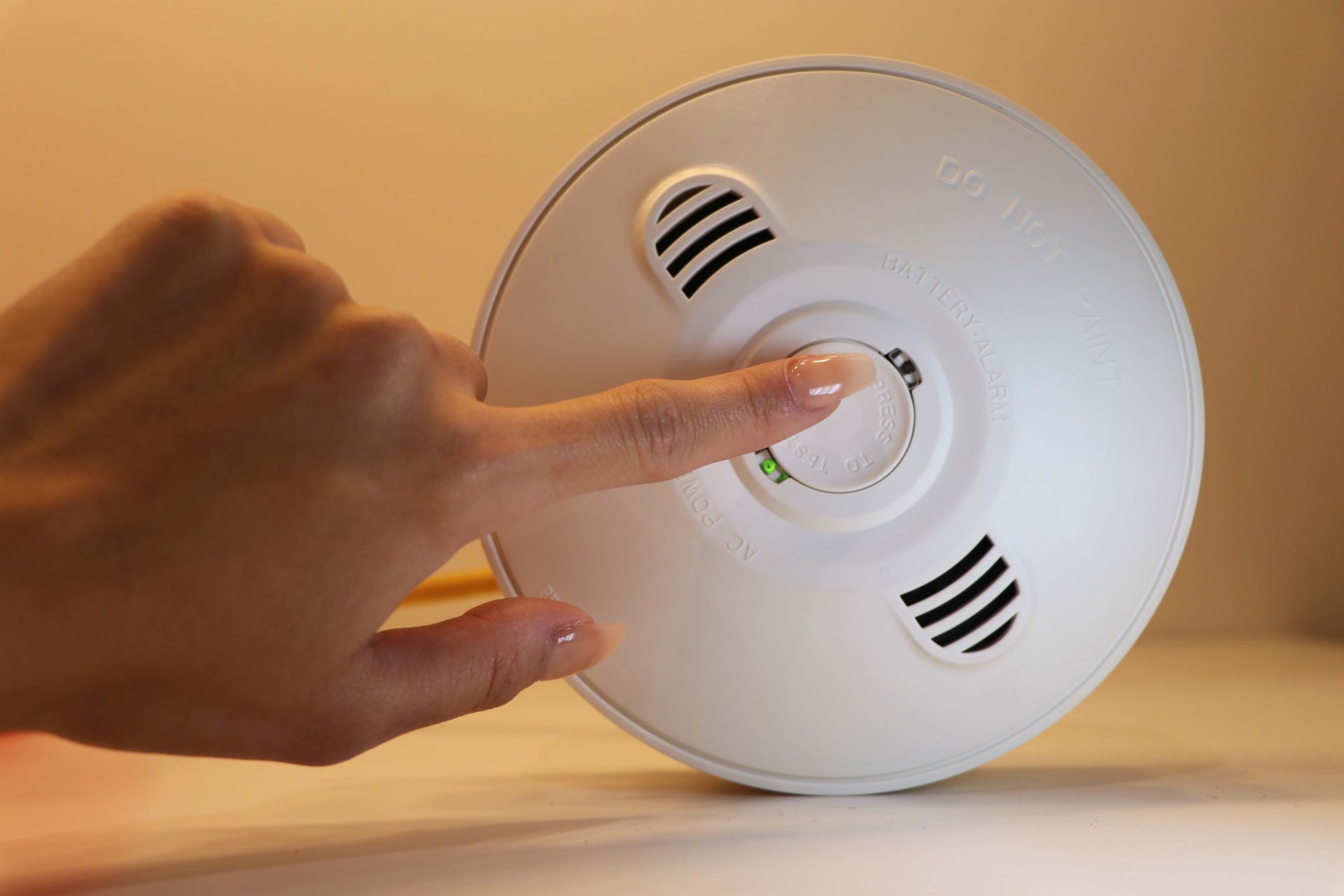
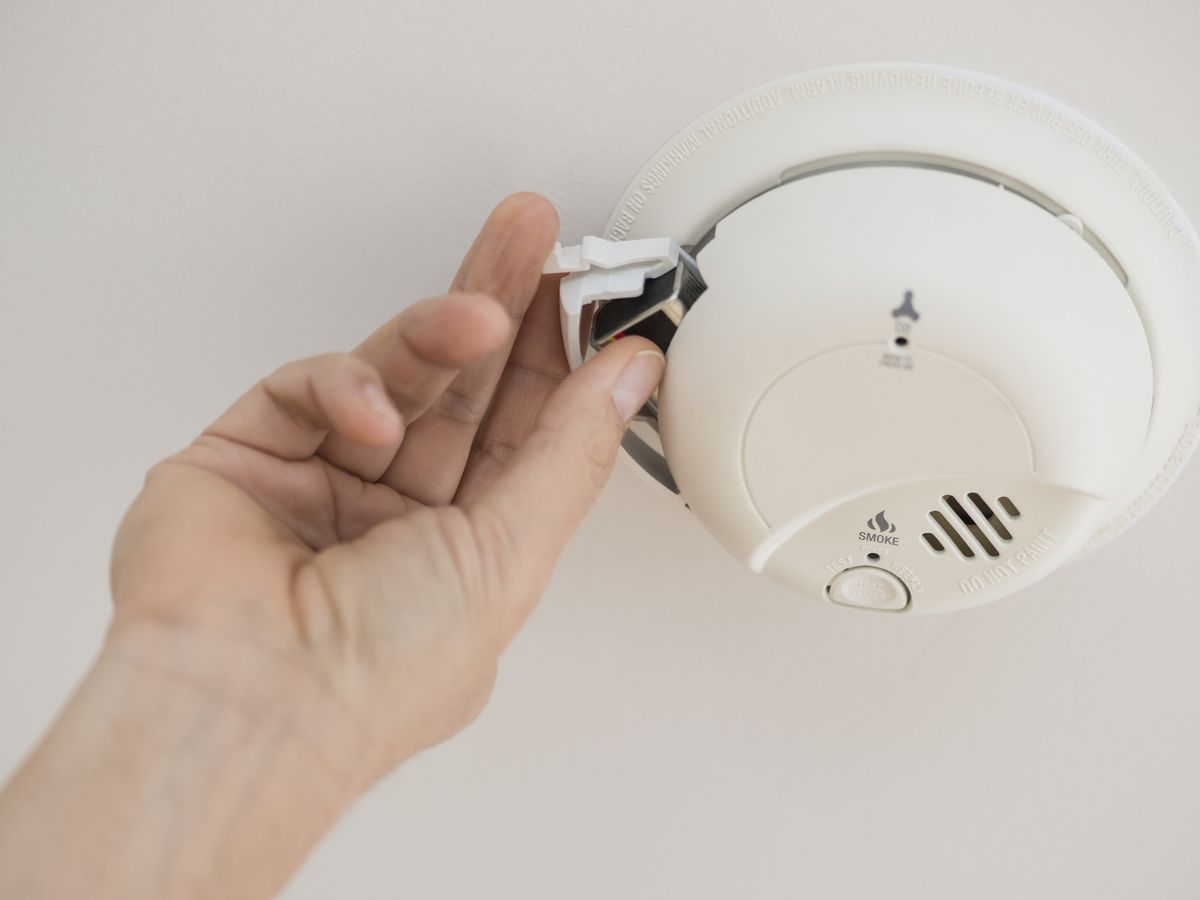

0 thoughts on “What Type Of Battery Does A Smoke Detector Use?”